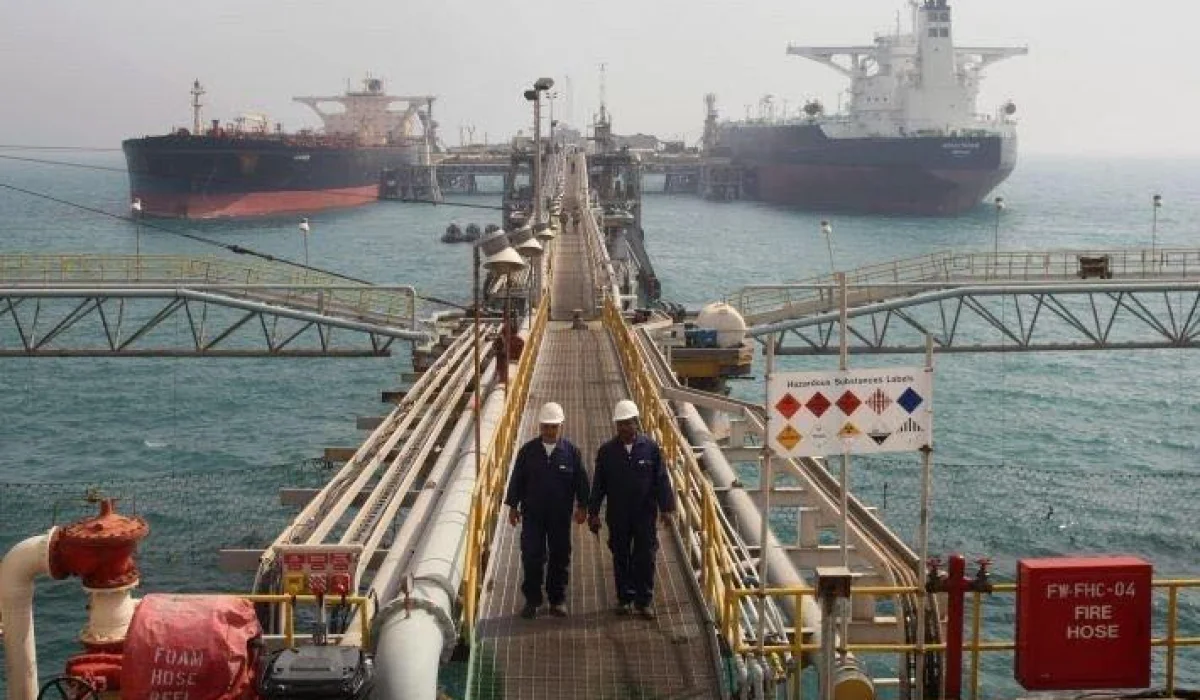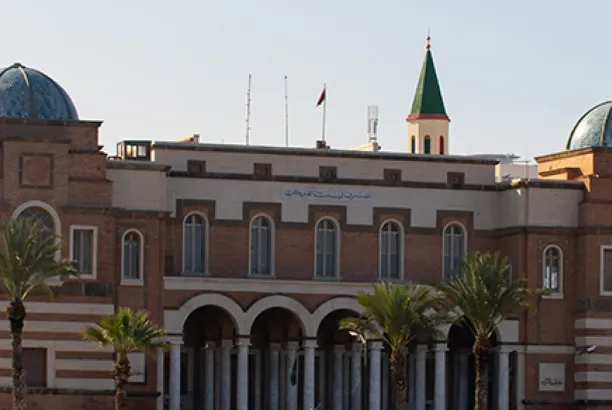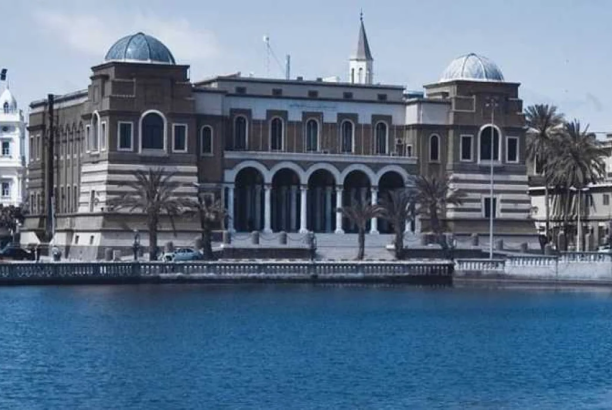
| News
Al-Hurra Network: Benghazi Port Operates with Two Faces—Legal Activity and Illegal Trade… Here’s Why Libya Faces a Fuel Crisis
Al-Hurra reported on Tuesday that under the scorching sun, many Libyans wait in long lines at fuel stations, sometimes for hours or even days, just to buy a few liters for their cars or home generators. Meanwhile, heavy oil tankers rush on highways toward ports, where smugglers load shipments destined for international markets.
The network noted that in Libya—one of the world’s largest oil producers with Africa’s biggest reserves—fuel has become a primary target for organized smuggling rather than a source of relief for citizens.
Fuel smuggling reportedly drains an estimated $5 billion from Libya annually, according to the World Bank. More importantly, the lost revenue outside the state budget has become a major funding source for armed groups controlling key distribution routes, fueling armed conflict over power.
Mohamed Al-Sayed, a resident of southern Sebha, said: “We can’t find fuel, and when it’s available, it’s sold at higher prices because fuel station owners trade it on the black market.”
The network added that many citizens return home with nearly empty tanks due to long lines at the few remaining open stations. Families are forced to buy fuel from smugglers at high prices to run cars and generators, while government subsidies remain theoretical and offer no real benefit to ordinary citizens in the south.
Latest IMF figures show that Libya spent a heavy price on energy subsidies in 2024, allocating $9 billion for fuel alone, with the electricity sector consuming additional billions.
Ships That Never Sleep:
On the eastern coast, Benghazi port has become a hub for illegal trade and a complex center for organized fuel smuggling.
A 2024 UN experts’ report painted a grim picture of the port, controlled by the Libyan army. While Libyans suffer from chronic fuel shortages, large ships continue to transport smuggled oil.
Between October 2022 and September 2024, the UN documented at least 137 smuggling operations, involving 48 ships docking more than 185 times. These shipments were large: the average cargo per ship rose from 5,700 to 9,970 tons of diesel, totaling about 1.125 million tons. The ships were often chartered or lacked proper registration and relied on forged or fake documents.
Political analyst Ahmed Al-Saadi told Al-Hurra: “Benghazi port now reflects a different equation. It’s a strategic location meant to support the national economy, but it has become a lifeline for fuel smuggling to foreign markets.”
He added that the National Oil Corporation has repeatedly filed complaints with the Attorney General since May 2022 about fuel smuggling to Turkey, Spain, Malta, and Italy, citing cases like the ship Queen, seized in Albania carrying shipments valued at over $2 million.
Al-Hurra concluded that this dual pattern means the port operates with two faces: official, public activity and illegal underground operations—doubling state losses and increasing the daily burden on citizens standing in fuel lines.





